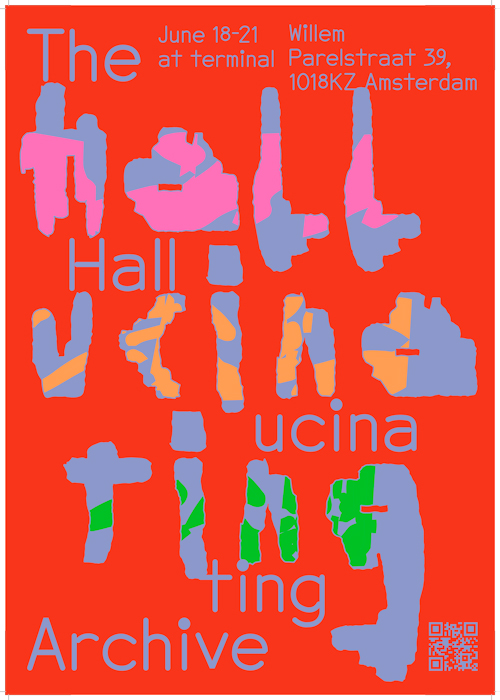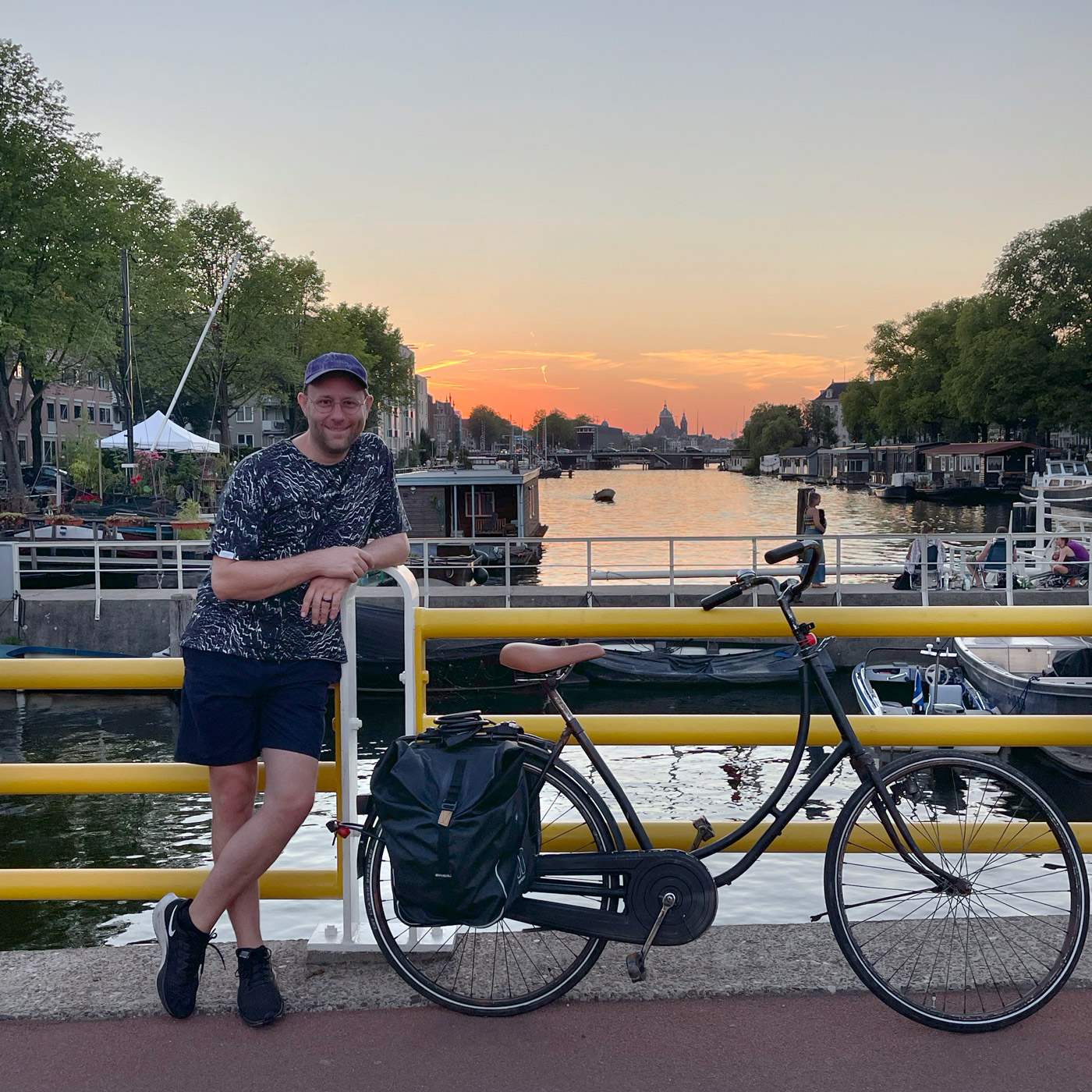Christopher Meerdo Explores AI and Archives at Amsterdam Symposium
 AMSTERDAM — What happens when the archive itself begins to dream? That question framed
"The Hallucinating Archive," a summer symposium in June. The event was co-organized
by Christopher Meerdo, assistant professor of Studio Art: New Media Art and Photography at UNT's College of Visual Arts and Design. He partnered with artists Marissa Lee Benedict and David Rueter, co-founders of the Terminal Institute in Amsterdam.
AMSTERDAM — What happens when the archive itself begins to dream? That question framed
"The Hallucinating Archive," a summer symposium in June. The event was co-organized
by Christopher Meerdo, assistant professor of Studio Art: New Media Art and Photography at UNT's College of Visual Arts and Design. He partnered with artists Marissa Lee Benedict and David Rueter, co-founders of the Terminal Institute in Amsterdam.
Supported in part by UNT’s CREATE program, the gathering drew artists, curators, theorists and researchers from across Europe and the United States to probe the shifting terrain of archives in the age of artificial intelligence. Over several days, the symposium unfolded as a hybrid of public talks, workshops and exhibition-making — an experiment in collective speculation on how memory, culture and technology intersect.
Meerdo guided participants through a hands-on session with open-source AI tools, inviting them to “look under the hood” of machine learning systems. The workshop revealed how artists can train their own models and confront AI as both material and metaphor. Other sessions considered how museums and archives might confront synthetic imagery and generative systems, while a dedicated workshop on large language models unpacked how these systems are trained, how they function internally and how they might act as cultural agents.

At the center of the exhibition space, participants gathered around Meerdo’s large-scale “hallucinating mind map,” a sprawling diagram charting the conceptual landscape of the symposium. Throughout the event, the map became a living archive in itself — continuously edited, expanded and re-imagined by those in the room.
The roster included leading voices in contemporary discourse: Alena Alexandrova of the Gerrit Rietveld Academy, Flavia Dzodan of the Sandberg Institute, Femke Herregraven of Rietveld Academie, Florian Weigel of V2_Lab for Unstable Media, Mirjam Kooiman of Foam Photography Museum, Cameron Hu of the University of Amsterdam, and Winke Wiegersma of the Netherlands Institute for Sound and Vision, among others.
“The Hallucinating Archive brought together artists and scholars from leading institutions across Europe and the U.S., building connections that will support future exhibitions, publications and grants,” Meerdo said. “It showed how AI can be engaged not just as a technical medium but as a cultural force — an experience that has expanded my excitement for collaboration around this topic and enriched my teaching at UNT.”
More information: terminal.institute
Website: Christopher Meerdo
 Christopher Meerdo took time on his trip to the Netherlands to bike around the Amstel
River.
Christopher Meerdo took time on his trip to the Netherlands to bike around the Amstel
River.
